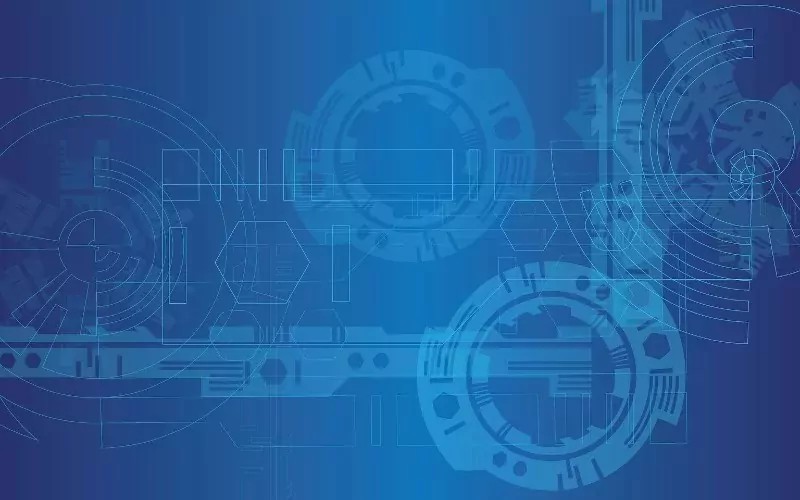Cardiff Software Academy is pioneering a new model of education, directly addressing the tech skills gap with a hands-on, practical approach.
By integrating real-world experience into its curriculum, this academy is preparing students to seamlessly transition into the industry, setting them apart from traditional graduates.
Addressing the Skills Shortage
The Cardiff Software Academy brings a fresh approach to education, bridging the gap between academia and industry. Housed in Newport’s Platfform building, this innovative programme is transforming how tech students learn. By focusing on practical experience, students are engaged in real-world projects, which significantly enhances their employability upon graduation.
By partnering with numerous businesses, the academy allows students to work on actual industry problems. This collaboration is not just beneficial for students; companies also gain by shaping the future tech workforce. Simon Renault, head of special projects at Innovation Point, emphasises the importance of this relationship, urging businesses to take an active role in closing the tech skills gap.
Students here are not confined to theoretical learning; instead, they develop practical solutions in real-time scenarios, such as building websites for clients. The aim is to provide a minimal viable product, which may not always be perfect but showcases the learning journey of the students.
Industry-Integrated Curriculum
Cardiff Software Academy’s curriculum stands out for its focus on industry relevance. It is shaped in collaboration with businesses, ensuring students are equipped with the latest tools and techniques. By the third year, students gain a comprehensive understanding of business operations, distinct from traditional summer placements.
This deep integration within the industry prepares students for a seamless transition into the workforce. Simon Renault highlights that this continuous engagement throughout their undergraduate course differentiates these students, making them more versatile and ready for diverse roles. Students engage in projects that reflect current industry challenges.
The curriculum is not static; it evolves to meet the changing demands of the digital world. This adaptability is key, ensuring that graduates are not only skilled but also innovative in their approach to problem-solving. Such an adaptive model is crucial for keeping pace with technological advancements.
Empowering Students through Practical Learning
Renault’s vision for the academy is hands-on learning. Students immerse themselves in practical tasks, gaining skills that are directly applicable to their future careers.
Renault advocates for minimal traditional lectures, allowing students to explore, innovate, and learn by doing. This approach mimics real-world workplace dynamics, enabling a smoother transition post-graduation.
Through direct interaction with businesses, students develop critical communication skills essential in professional settings. The academy fosters an environment where students learn to articulate their ideas and solutions effectively, an invaluable skill in any career path.
The Role of Innovation Point
Innovation Point, housed at Platfform, plays an integral role in realising this educational model. Simon Renault, having transitioned from head of Digital Wales, continues to drive this initiative, addressing the pressing needs of businesses to adapt in a digitally-driven economy.
Renault collaborates with businesses to ensure the curriculum remains relevant and forward-thinking. The company’s role extends beyond facilitation, actively engaging with industry leaders to bring real projects to the academy for students to tackle.
By embedding students into a dynamic learning environment, Innovation Point ensures that they are not just learning but contributing to real-world solutions. This symbiotic relationship benefits both students and businesses, creating a robust educational ecosystem.
Future Prospects and Developments
Looking ahead, the academy aims to expand its offerings and increase collaboration with more businesses. This growth is essential in maintaining its status as a leader in tech education, continuously adapting to new challenges and opportunities.
Simon Renault is hopeful to extend his secondment to further reinforce this initiative. His vision includes integrating more cutting-edge technologies into the curriculum, ensuring that students are always at the forefront of innovation.
The academy’s success serves as a model for other educational institutions aiming to bridge the skill gaps in various sectors. By prioritising practical skills and industry collaboration, Cardiff Software Academy is setting a new standard in tech education.
Shaping the Future Workforce
Cardiff Software Academy is more than an educational institution; it’s a catalyst for change in the tech industry. Its unique approach to learning empowers students, equipping them with skills that are in high demand across all sectors.
The academy’s graduates are not just entering the workforce; they are leading it. Their extensive hands-on experience makes them valuable assets to any organisation, prepared to meet the challenges of a rapidly evolving digital landscape.
The Cardiff Software Academy exemplifies how education can evolve to meet the needs of today’s digital economy. Its approach not only enhances student learning but also strengthens the tech industry’s future workforce.
As it continues to grow and expand its influence, this academy will undoubtedly shape the next generation of tech leaders, ensuring they are well-equipped for the challenges ahead.


